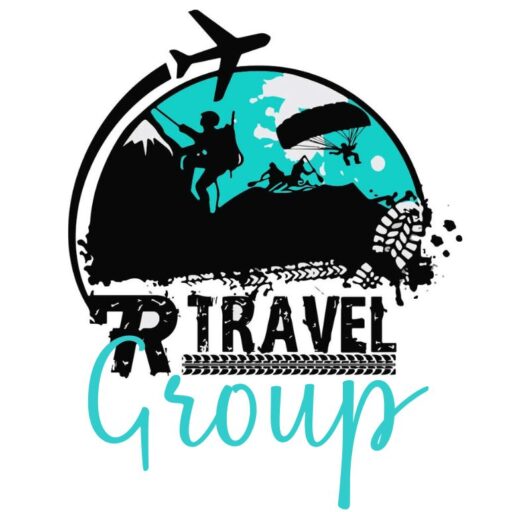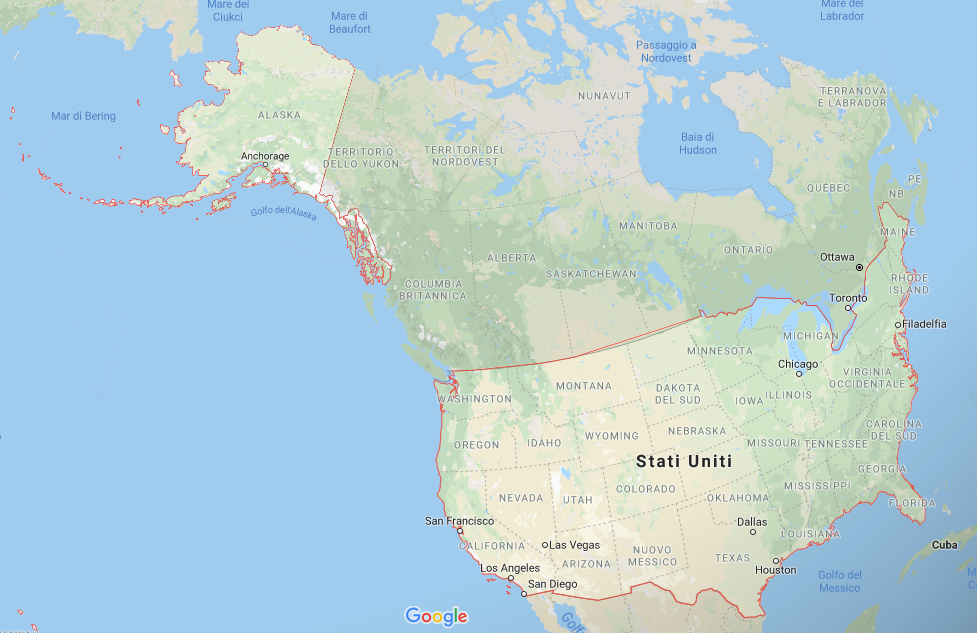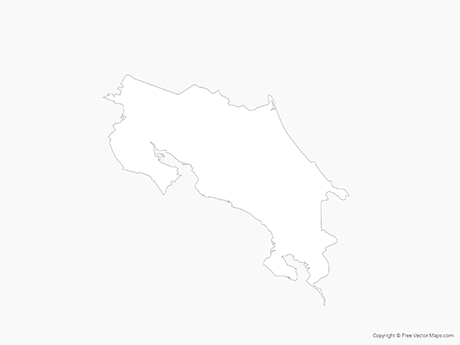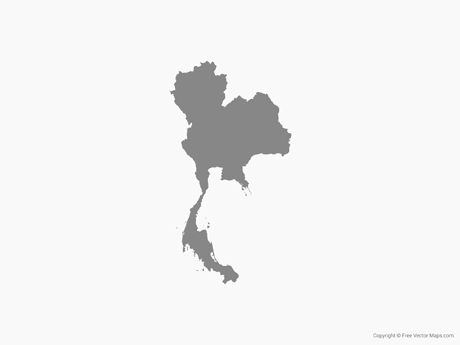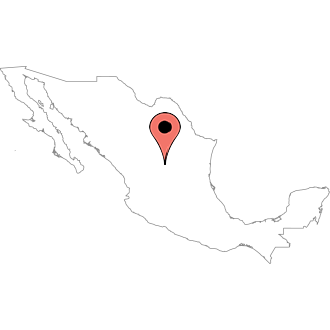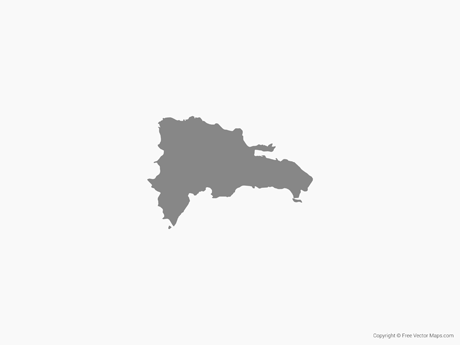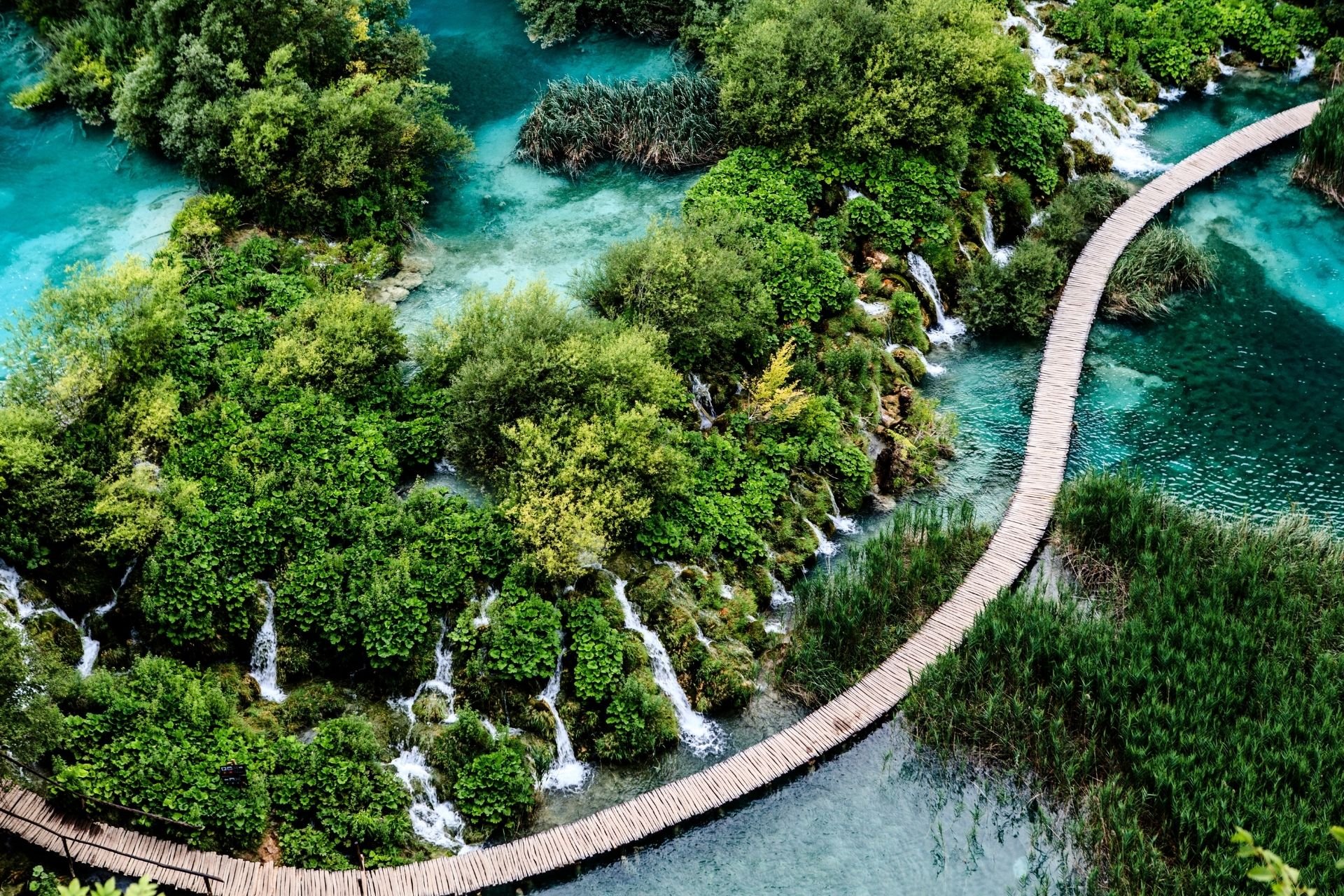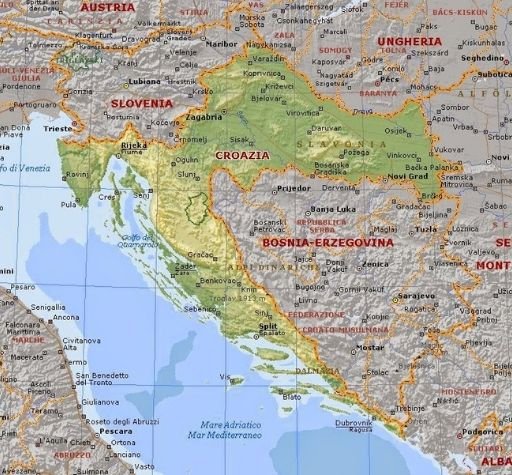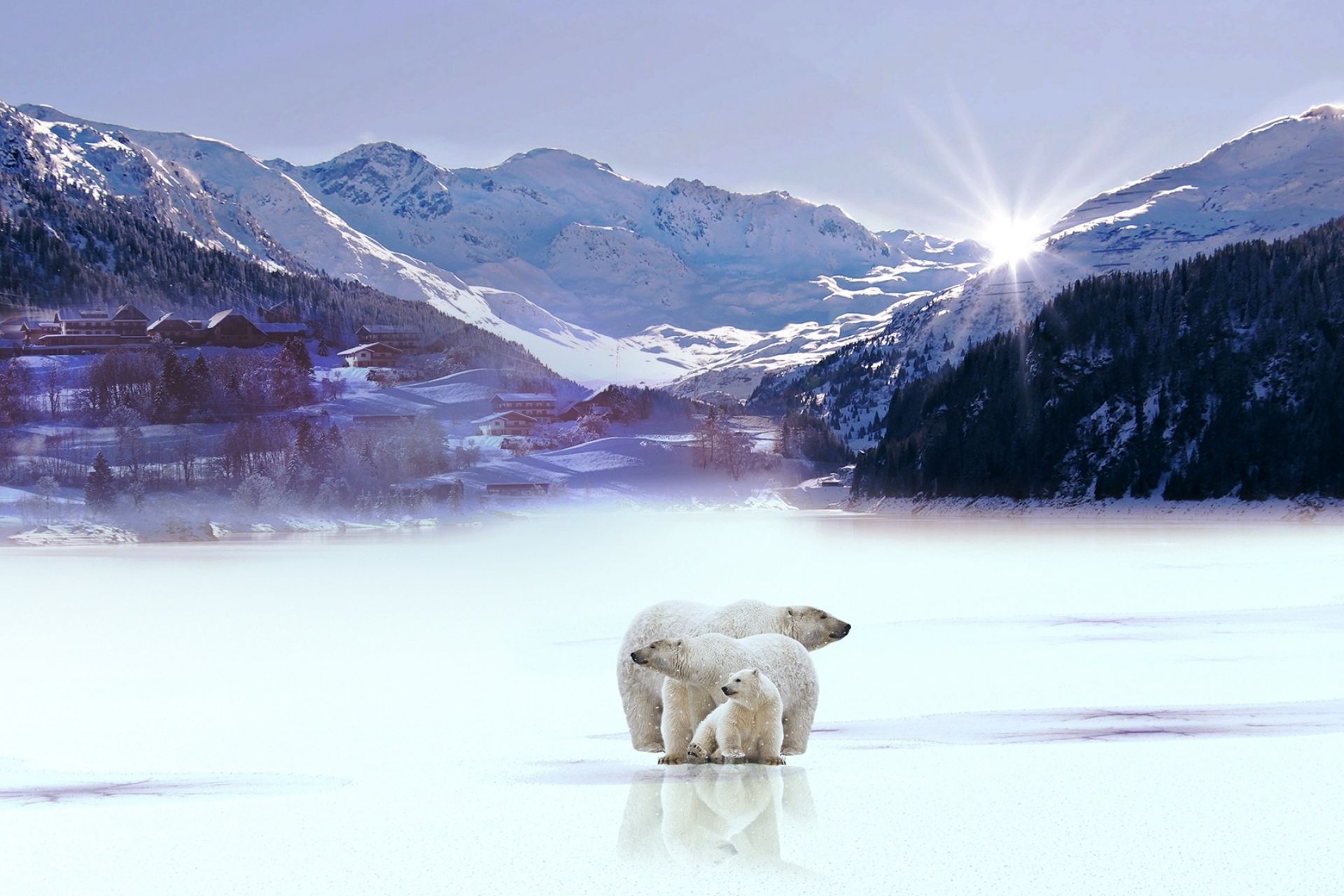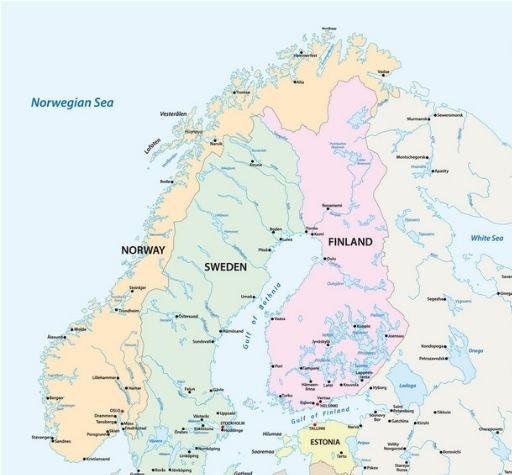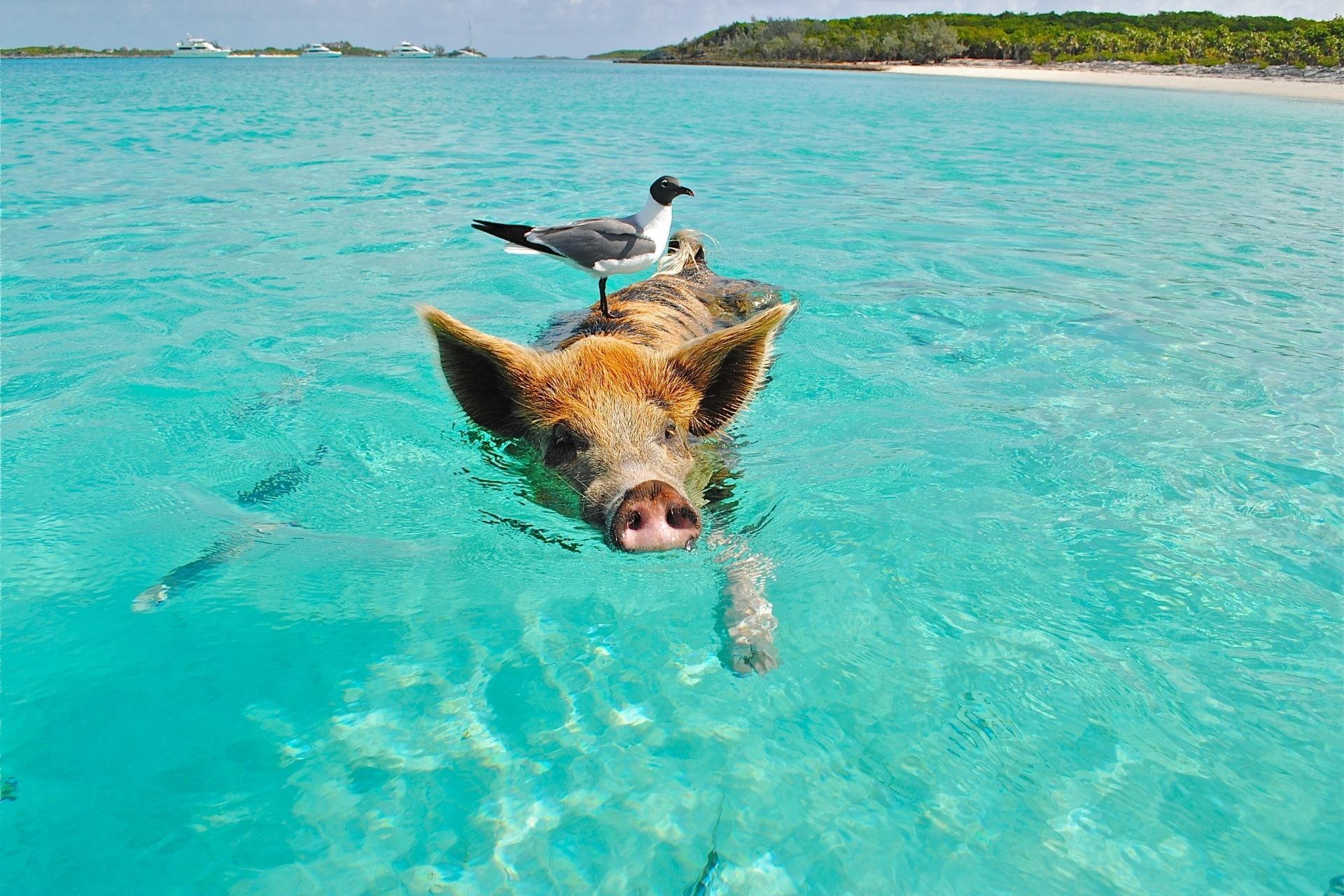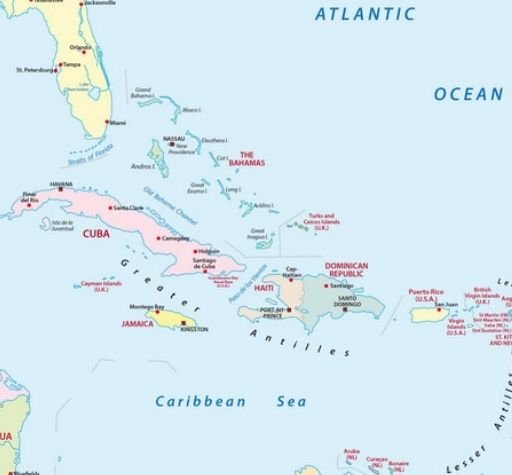Zip line or fly pulley
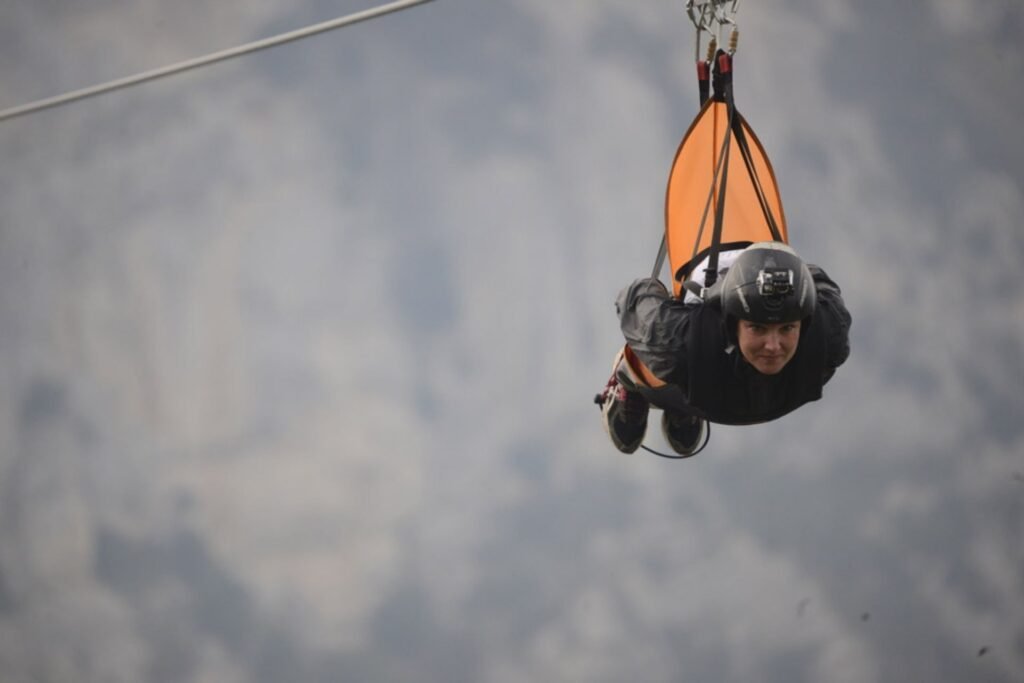
Zip line or Fly pulley are some of the names used to call this adventurous experience and prepare yourself for what awaits you, that is, a challenge to your fears with a “flight” at full speed.
HOW IT WORKS
The Zip line or Fly pulley is a large cableway consisting of one or more steel ropes that connect two points distant (in some cases even more than 2km) but visible to each other, such as two mountains, from then travel at full speed thanks mainly to the use of a pulley.
The cable is placed at various heights with respect to the ground and the sensation you will have is similar to that of a hang-glider flight, but with the awareness of always remaining well attached to a steel rope.
Zip Lines are distinguished by:
- length of the spans;
- flight execution speed (depends on your weight and wind)
- differences in height between the starting and landing points;
Also you can fly in the following ways:
- In a horizontal position (as in hang gliding)
- seated
- in an upright position
- single flight
- flight in pairs
- group flight of four (Flight of the eagle)
Once you arrive, in some cases you can make the return flight, in others you can walk the route to return to the starting point, or take the shuttle provided by the center.
WHEN and WHERE to GO
Leaving aside the Zip Lines inside the Adventure Parks, which generally do not exceed 250 meters, we will list some structures in Italy and around the world that are worth trying.
1. Italy – San Mauro Castelverde (Palermo)
With a view of the Tyrrhenian Sea.
Upstream altitude: 920.63 m
Altitude downstream: 681.37 m
Difference in altitude: 239.26 m
Cable length: 1600 m
Descent speed: 120 km / h
Number of passengers per flight: single, in pairs, disabled people
2. Italy – Aurano (Verbania)
We fly over Lake Maggiore
Flight positions: horizontal with the head forward or vertical
Upstream altitude: 1307 m
Altitude downstream: 960 m
Difference in altitude: 347 m
Cable length: 1850m
Descent speed: 120 km / h
Number of passengers per flight: single, in pairs
3. Italy – Frassinetto (Turin)
Flight positions: horizontal
Upstream altitude: 1298 m
Altitude downstream: 1040 m
Difference in altitude: 258 m
Cable length: 1800 m
Descent speed: 140 km / h
Number of passengers per flight: up to 2
4. Italy Rocca Massima (Latina)
It is the longest Zip Line in the world with its 2250 meters of single extension cable.
The panorama ranges from the Lazio coasts to the Alban hills to the Abruzzo mountains. Flying over vast olive groves and karst areas gliding on the slopes of Monte S. Angelo, cradle of the Falco Pellegrino.
Altitude upstream: 730 m
Altitude downstream: 315 m
Difference in altitude: 415 m
Cable length: 2250m
Descent speed: 150 km / h
Number of passengers per flight: up to 2
5. Canada – Whistler
One of the longest ziplines in the world with views of the Canadian mountains and forests with their flora and fauna.
Cable length: 2000 m
Descent speed: 130 km/h
6. England – Wales
The fastest zipline in Europe and with which it is possible to travel a stretch underground.
Descent speed: 190 km / h
This zip line offers different packages, from the stretch inside a cave, to the steeper one and to the one that allows you to discover the English woods.
7. Nepal – Pokhara
This zipline is one of the steepest, with an incline of 56 degrees. You can admire the unique mountains of the Himalayas in the world.
Difference in altitude: 600 m
Cable length: 1800 m
Descent speed: 120 km/h
8. Puerto Rico
It is the longest zip line in the world, immersed in an ecotourism park in the lush mountains of Puerto Rico, where there are also other zip lines (there are 8 in all).
Cable length: 2530 m
Descent speed: 152 km/h
Ground clearance: 365 m
9. South Africa – Sun City
It is one of the longest and fastest zip lines in the world
Cable length: 2000m
Descent speed: 160 km/h
Contact us for a personalized itinerary in the best location where to practice this sport.
DOCUMENTS AND REQUIREMENTS
Some define a minimum age limit (usually 12 years);
others give indications on the minimum and maximum weight.
Usually for single flights:
minimum weight 35 kg;
maximum weight 130 kg.
For double flights:
maximum weight 145 kg;
the weight difference between the participants cannot exceed 40 kg
RECOMMENDED CLOTHING and EQUIPMENT
Participants must wear long trousers and t-shirts so that the harness is not in contact with the skin.
Personal items can be stored in small pouches or backpacks.
We always recommend a windproof jacket, especially for flights in spring and autumn.
During the flight you can wear sunglasses and eyeglasses.
The only condition is that they are not too loose: in this case it is necessary to put a safety cord for the descent.
IDEAL DESTINATIONS FOR THIS ACTIVITY
CONTACT US TO DESIGN YOUR CUSTOM ADVENTURE AND SPORT TRIP
Call now: +39 3492701273
Chat on Whatsapp: +39 349 2701273
Chat on Messenger: @7RTravel
Send an e-mail: info@7rtravel.com
